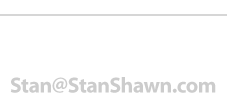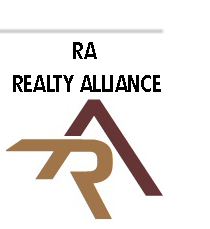|
Guide to Oil Storage Tanks What’s the problem if an oil storage tank is or was
installed at my property?
Buried oil tanks
raise increasing environmental, safety, legal and economic concerns for home
owners and home buyers because oil leaks underground or even within buildings
can lead to both environmental damage and very costly cleanup operations.
Oil can leach into the soil if the tanks rust, thereby contaminating the
soil; can flow into the storm sump, resulting in a fuel odour inside the home; and can contaminate neighboring drainage systems
If an oil tank has
leaked the cost to clean up contaminated soils can be very significant.
Oil tank tests for
leaks, soil tests for oil contamination, soil tests for corrosivity,
screening for evidence of prior or abandoned oil storage tanks, as well as oil
storage tank removal or abandonment require that you use an appropriate expert.
Why can’t I leave it in the ground when I sell my
property?
The BC Fire Code
requires the removal of any oil tank out of service for more than two years.
Many insurance companies will refuse to insure properties with a buried oil
tank. As a seller, you are responsible to have a buried oil tank removed or
decommissioned and the soil certified to be free of contamination.
How do I know if I have a buried oil tank?
You can obtain basic information such as the age (property and tank), tank location, and type of oil tank from the previous owner. A buried oil tank may be present or may have been present on the property even if it is now served by an indoor, above ground oil tank or even by LP or natural gas. So don't assume that because you don't see a tank that none was ever used or present at a property. What should a seller do?
Make a visual site inspection for clues suggesting that one
or more tanks is or was present. Contact an oil tank removal professional to perform an inspection. This
professional can detect
whether a tank exists and provide the best options for remediation or removal. There
usually charge a small fee for the inspection (usually $100 - $150) and estimate, and if no tank is found a certificate can be issued. If necessary, the professional will apply for all the required permits
and present you with a certificate verifying that the property can be transferred
to a new owner.
What should a buyer do?
When purchasing a property, buyers should not complete the purchase before questions about the condition of oil tanks, past or present at the property, and the chances of leaks from buried oil storage tanks have been answered satisfactorily. Don't assume that because you don't see a tank that none was ever used or present at a property. The seller is responsible for guaranteeing that no oil tank exists on the property, or if there is one, that it will be removed prior to completion at the seller’s expense. |
Stan Shawn REALTOR® For Vancouver |


